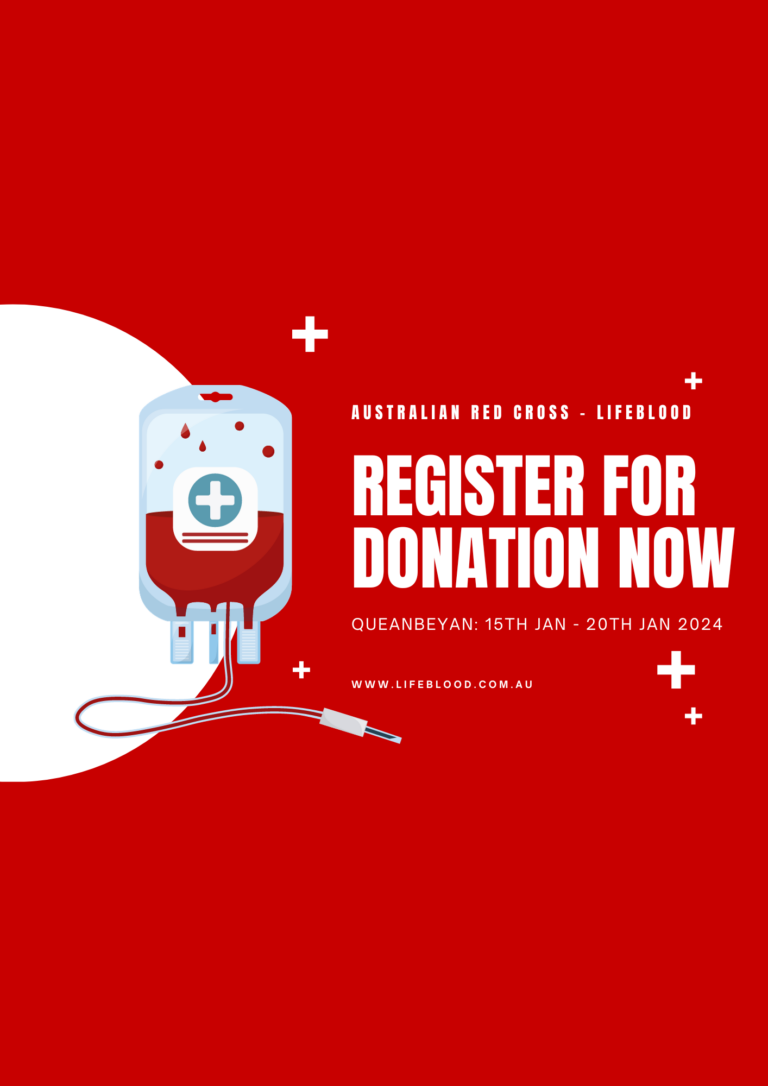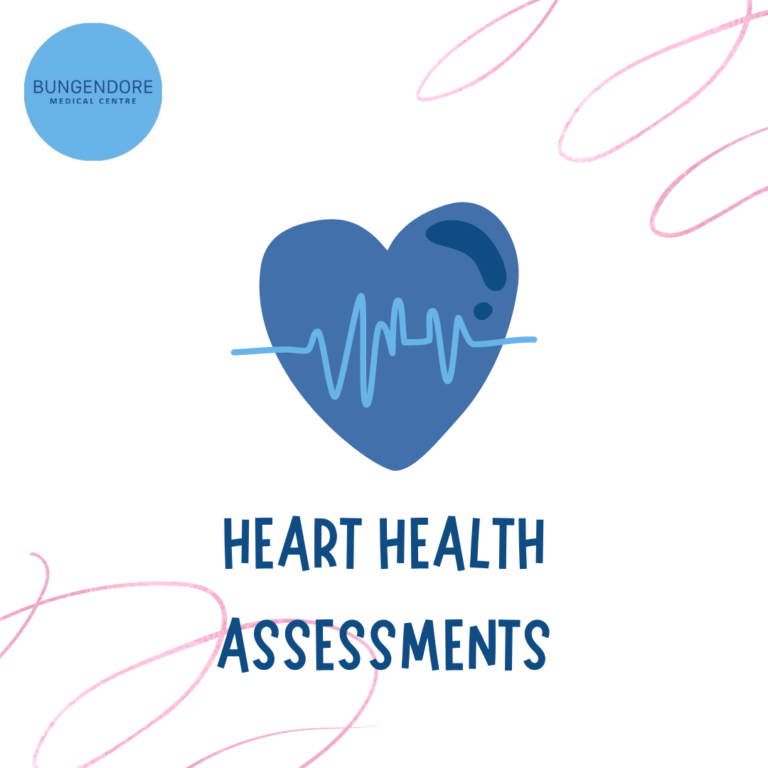WHAT IS MENOPAUSE?
Menopause is the stage of life when your periods stop. It occurs when your ovaries are no longer producing eggs and is a natural life event. Menopause has three phases:
Perimenopause: this is the time from the first onset of any symptoms to 12 months after your last menstrual period and can vary in length but is usually around 4 to 6 years.
Menopause: the last menstrual period.
Post-menopause: from 12 months after your last period.
WHEN DOES MENOPAUSE USUALLY OCCUR?
Natural menopause can occur at different ages, but periods usually stop between 45 and 55.
Premature menopause occurs when your periods stop before the age of 40. This may happen naturally or from medical treatments affecting your ovaries, such assurgery, radiotherapy, or chemotherapy, resulting in early menopause.
WHAT HAPPENS DURING MENOPAUSE?
For some people, the menopause transition has little impact on their lives; however, many do experience symptoms which are caused by the changes in hormone levels that occur during this time. Some may experience symptoms severe enough to affect their health and well-being and to disrupt their lives.
The postmenopausal phase symptoms, such as hot flushes, can continue for the first couple of years after menopause. For a few people, hot flushes and night sweats may continue into their 60’s and beyond.
Menopause can mean a new lease of life for you, free from concerns about periods, premenstrual syndrome, or the risk of pregnancy. However, some people may find it difficult and may feel anxious about reaching this stage in their life or mourn the loss of their fertility and youth. For almost everyone, menopause is a time of significant change.
During perimenopause, periods commonly change. They may end suddenly but more often become irregular or heavier and longer before eventually stopping.
SYMPTOMS EXPERIENCED MAY INCLUDE HOT FLUSHES OR SWEATS
Hot flushes may be associated with sweating, palpitations, a sudden ‘wave of heat’ especially around the neck and face, or a ‘crawling’ feeling under the skin. Sweating may be more noticeable at night, which can disturb sleep.
VAGINAL CHANGES
The lining of the vulva and vagina become thinner and less elastic, and there may be less vaginal lubrication. You may find that this means intercourse may be less comfortable or less enjoyable.
URINARY PROBLEMS
Reduced elasticity in your bladder and pelvic floor muscles may affect bladder tone. This means that you may pass urine more frequently or experience leakage when you cough or sneeze. Urgency (feeling the need to rush to the toilet when your bladder is full) can also occur.
BODY CHANGES
There can be body changes such as dryer, thinner skin, increased facial hair, joint pain, and breast tissue loss.
EMOTIONAL OR PSYCHOLOGICAL CHANGES
These vary for each individual but may include symptoms of depression, anxiety, mood swings, tiredness, lower sex drive, and poor concentration or memory. Emotional symptoms might also be due to life stresses that commonly occur around the same time as menopause. This can include caring for children, young adult children leaving home, caring for aging parents, parents’ death, employment changes, and changes in your health or relationships.
WHAT ARE THE LONG-TERM EFFECTS OF MENOPAUSE?
CARDIOVASCULAR DISEASE
Before menopause, women* are less likely than men* to suffer from heart disease or strokes. Rates of these conditions increase for women after menopause, and by the age of 65, rates in men and women are equal. Cardiovascular disease is one of the major causes of death in women.
OSTEOPOROSIS
Osteoporosis is characterised by thinning bones, leading to a greater chance of afracture occurring, particularly in the hip, spine, and wrist. Loss of oestrogen after menopause is the primary cause of osteoporosis.
Factors that may increase your risk of osteoporosis include:
Early menopause, a thin build, a history or eating disorders, excessive exercise.
A family history of osteoporosis.
Long-term use of some medications (for example, steroids, epilepsy medications, some antacids, and fluid tablets).
Lifestyle factors such as smoking, high intake of alcohol or caffeine, a diet low in calcium, and lack of exercise.
SEXUALITY AFTER MENOPAUSE
Interest in and feelings about sex sometimes change in midlife. Generally, if sex has been meaningful and enjoyable in your younger years, it will probably continue to be so as you get older.
The quality of your relationship with your partner will also affect feelings about sex.
Sexuality involves more than just intercourse and is enhanced when a relationship is supportive, loving, and involves good communication.
Physical changes such as vaginal dryness and thinning of the vaginal walls may lead to discomfort during sex. In this case, vaginal lubricants, oestrogen cream or pessaries, HRT, or alternative therapies may help.
MANAGING MENOPAUSE
INFORMATION & SUPPORT
It is beneficial to understand what is happening to your body at any stage, but especially at times of change, such as menopause. Discussing menopause with others can also be helpful. Partners and other family members will find it easier to support you if they understand what happens during menopause.
DIET AND EXERCISE
Regular exercise and a healthy diet help maintain or improve overall health and feelings of well-being, and exercise may reduce some of the symptoms of menopause. A diet that is low in fat, sugar, and salt but high in calcium and fibre may also help prevent osteoporosis and heart disease and help maintain a healthy weight.
STRESS MANAGEMENT
Using stress management techniques such as relaxation and exercise can help to improve your mental health during menopause. Doing things that you enjoy, not taking on too much, and making time for yourself a priority are also important.
HOT FLUSHES
If you are experiencing hot flushes, it may help to anticipate and minimise situations that may trigger hot flushes. These may include reducing or stopping smoking, avoiding some foods (such as very spicy foods), and reducing caffeine or alcohol intake. Wearing clothing in layers so you can easily remove the top layers as needed is also helpful.
PROFESSIONAL HELP
Professional help may include assessment, information, counselling, medical treatments, and complementary or alternative therapies.
Medical treatments include menopause hormone therapy (MHT). MHT is the most effective treatment for symptoms related to the hormonal changes of menopause, is also beneficial for bone health, and may decrease cardiovascular disease. Non- Hormonal Menopause Treatments are also available for women who for medical reasons or reasons of choice, wish to avoid MHT.
Menopause and perimenopause are a time of significant change. Patients experience a variety of symptoms which may include sleep disturbances, hot flushes, anxiety, memory loss, muscle & joint pain. Much stigma surrounds Menopause Hormone Therapy (MHT) however, with re-evaluation understanding of previous research, the newer forms of MHT represent a safer option for many women for their immediate issues and long-term health.
*This article was written by the Jean Hailes Foundation.




